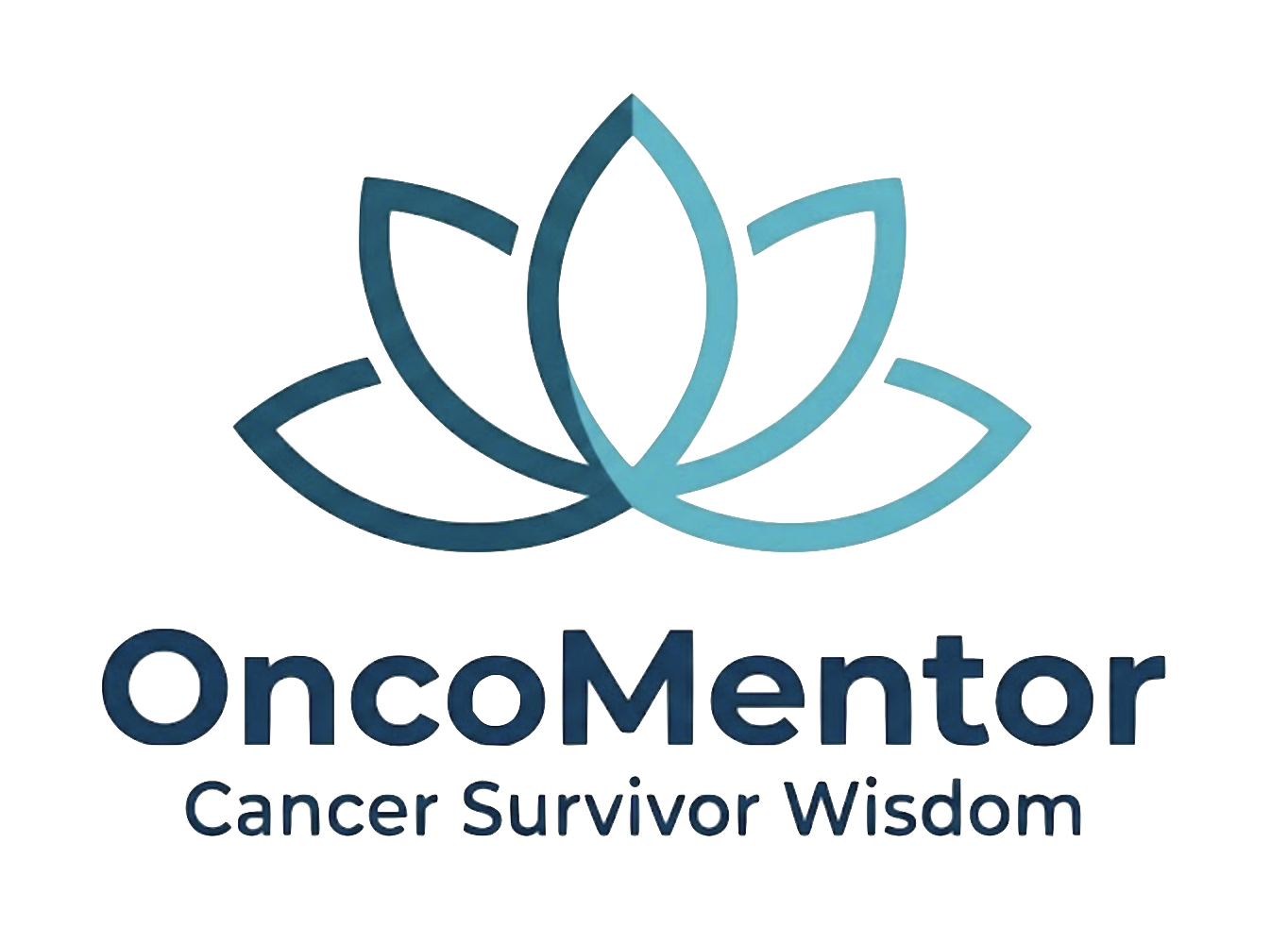Part 3: Getting Answers: How to Talk to Your Doctor About Cognitive Changes
Recognizing that the mental fog you might be experiencing is a legitimate medical condition, as discussed in Part 1 and 2, is a crucial first step. The next, and often most challenging, is translating that personal experience into a productive conversation with your healthcare team. Diagnosing Cancer-Related Cognitive Impairment, or CRCI, isn't as straightforward as a blood test or a single scan, which can make the process frustrating for patients. However, understanding how doctors approach an assessment can empower you to advocate for yourself and seek the clarity you deserve.
The journey to an assessment for CRCI typically begins with a detailed conversation about your symptoms. Your doctor will want to understand precisely what you are experiencing: when the cognitive changes started, how they have evolved, and most importantly, how they are affecting your daily life. This is where your personal observations become invaluable. Keeping a journal or simply noting specific examples—such as instances of forgetting appointments, struggling to follow a movie plot, or taking significantly longer to balance your checkbook—can provide concrete information that is far more helpful than a general complaint of "brain fog."
A critical part of the diagnostic process involves ruling out other potential causes for your cognitive symptoms. Many conditions, some easily treatable, can mimic CRCI. Your doctor will likely order blood tests to check for issues like anemia, thyroid dysfunction, and vitamin deficiencies (such as B12), all of which can contribute to fatigue and mental sluggishness. Medications you are currently taking will also be reviewed, as some can have cognitive side effects. Furthermore, psychological conditions like depression and anxiety, which are common among cancer survivors, can significantly impact focus and memory, so screening for these is also essential. Addressing these underlying issues can sometimes resolve a substantial portion of the cognitive difficulties.
If your cognitive symptoms persist after other causes have been addressed, your healthcare provider might recommend a referral for formal neuropsychological testing. This is considered the "gold standard" for objectively measuring brain function. A neuropsychologist, an expert in how brain health affects behavior, will administer a series of standardized tests designed to assess various aspects of cognition, including memory, attention, processing speed, and problem-solving skills. These tests can help pinpoint specific areas of cognitive weakness.
It is important for patients and their families to be aware of a common paradox: sometimes, a survivor can feel profoundly impaired in daily life, yet their scores on these formal tests may fall within a "normal" range. This discrepancy does not invalidate your experience. It often highlights that standard tests may not be sensitive enough to capture the subtle, real-world difficulties of CRCI, or that your brain is working much harder to compensate for deficits, leading to mental exhaustion.
Given these complexities, effective self-advocacy is paramount. You are your own best expert on your experience. If your concerns are dismissed, it is within your right to seek a second opinion or ask for a referral to a specialist, such as a neuropsychologist or a physiatrist. Entering your appointments prepared, with specific examples and questions, ensures that your voice is heard and that your journey toward understanding and managing CRCI moves forward effectively.
With a clearer picture of how CRCI is diagnosed, we will now turn our attention to the practical strategies that can help manage its effects. In Part 4, we will explore a toolkit of proactive lifestyle changes and behavioral techniques designed to reclaim mental clarity and improve daily function.
This article is for informational purposes only and does not constitute medical advice. The content is not intended to be a substitute for professional medical advice, diagnosis, or treatment. Always seek the advice of your physician or another qualified health provider with any questions you may have regarding a medical condition. Never disregard professional medical advice or delay in seeking it because of something you have read in this article.
National Cancer Institute. (2023, August 25). Cognitive Impairment in Adults with Cancer (PDQ®)–Patient Version. National Institutes of Health. Available at: https://www.cancer.gov/about-cancer/treatment/side-effects/memory/cognitive-impairment-pdq
Mayo Clinic Staff. (2023, January 25). Chemo brain. Mayo Clinic. Available at: https://www.mayoclinic.org/diseases-conditions/chemo-brain/symptoms-causes/syc-20351060
D'Angelo G, Mandras G, Sapino AC, Piciucco R. Cancer-related cognitive impairment: an up-to-date review. Frontiers in Oncology. 2024;14:1387251. Published 2024 Feb 29. Available at: https://www.frontiersin.org/journals/oncology/articles/10.3389/fonc.2024.1387251/full





